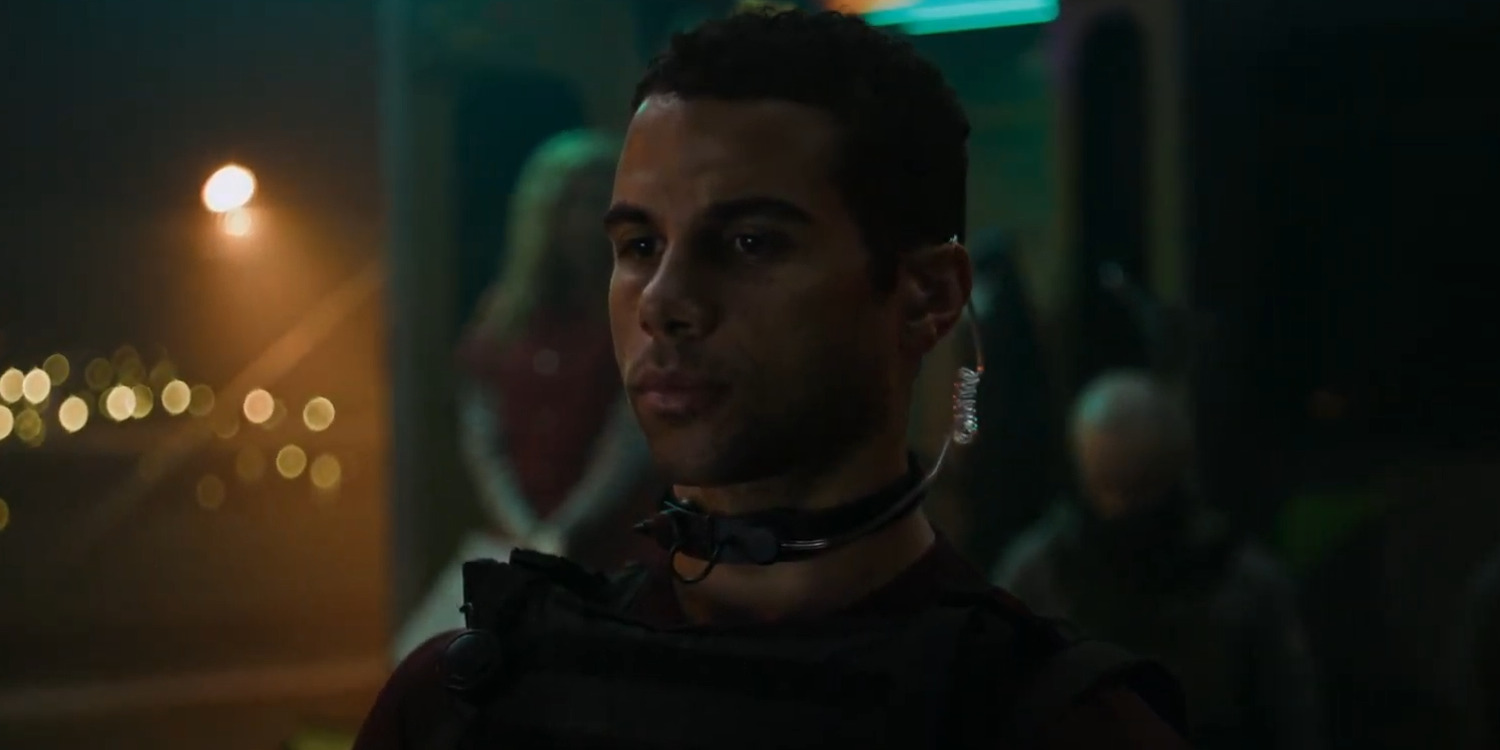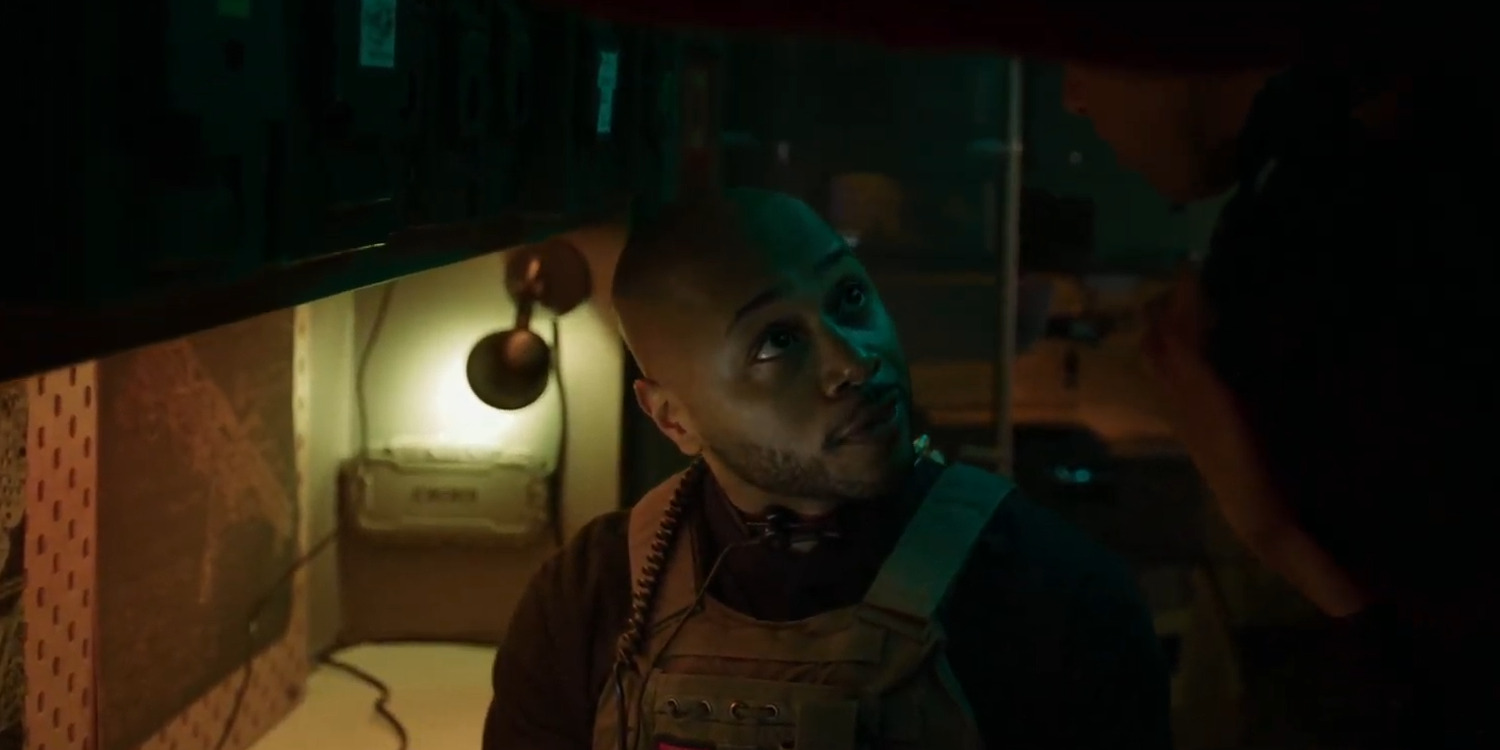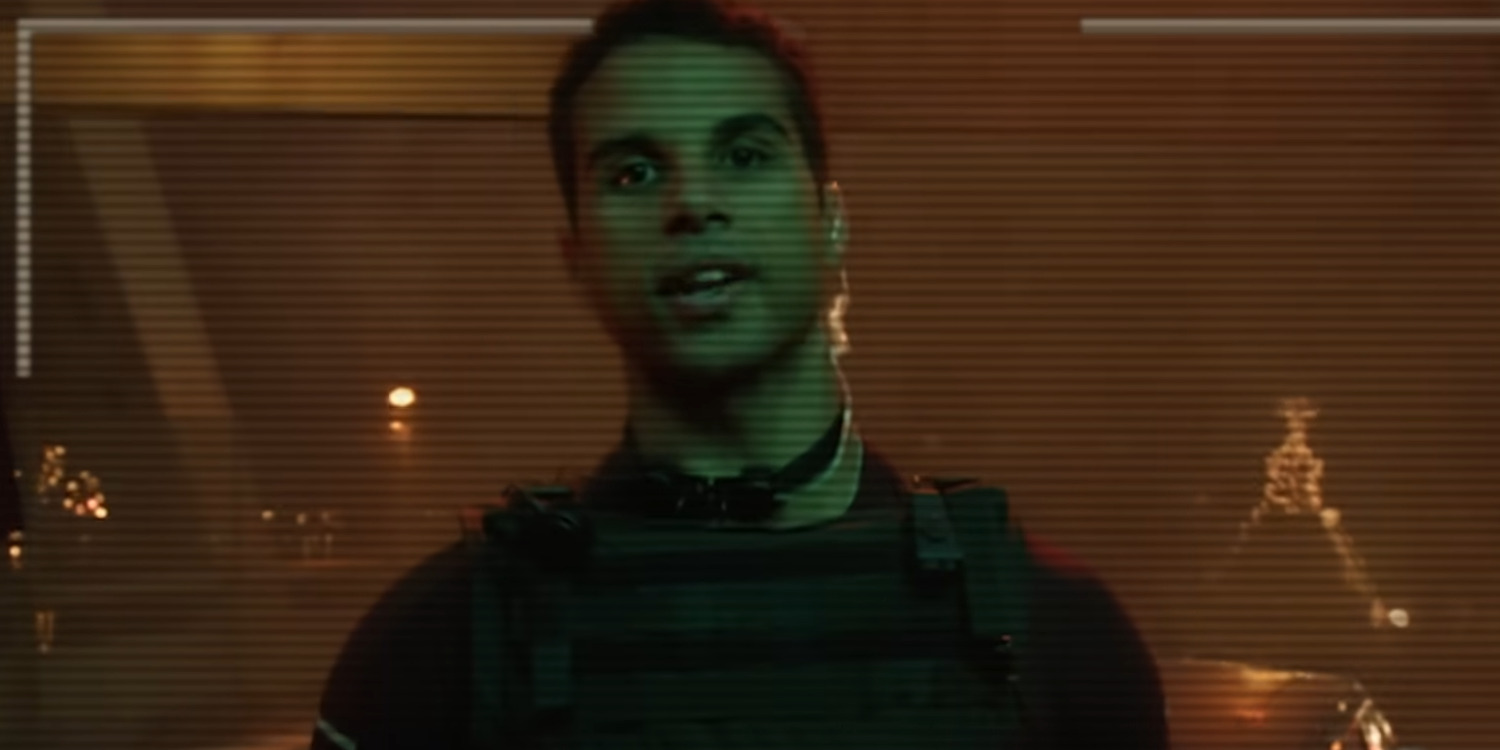The Patrick Lussier action-thriller film ‘Aftermath’ packs a terrific punch as it charts the story of a peculiar hostage situation. After his service in the army, Eric Daniels returns home, haunted by his own past. However, his attempts at a new start by spending some quality time with his younger sister, 16-year-old Maddie, end up holding something much different for the veteran’s future. The brother-sister duo—along with numerous other civilians become victims of a bridge-wide hostage situation as Jimmy “Romeo” Roken and his Freedom Revolution team hijack the entire area. Consequently, Eric must face his own past demons and play the role of a hero once again. The film offers a straightforward heroes vs villains narrative, full of action-heavy sequences and heroic feats. Yet, Romeo and his villainous plots remain just as intrinsic to the tale’s narrative make-up. SPOILERS AHEAD!
Jimmy “Romeo” Roken is a Work of Fictionalization
‘Aftermath’ is an action-driven fictitious story that highlights themes of heroism, anti-terrorism, and a number of other social themes through a simple hostage situation premise. However, it doesn’t equip any real-life inspirations for the depiction of these social-relevant themes. Instead, the story and its characters entirely remain works of fiction penned by screenwriter Nathan Graham Davis. Jimmy Roken, a.k.a. Romeo, is in much the same boat. He is a fictional character who was created in service of the film’s narrative with no other ties to reality. Reportedly, actor Mason Gooding looked to Jon Bernthal’s performance as Shane in ‘The Walking Dead’ for some thespian inspiration.

Nonetheless, outside of the same, there aren’t any firm inspirations behind Romeo. Therefore, he remains a familiar character cast in a recognizable antagonist’s mold. Romeo’s drive throughout the story comes from his falsely self-righteous beliefs and need for self-preservation. He wants to capture Samantha “Doc” Browns, an army sergeant who snitched on her own elite squad for their criminal actions against innocent victims during their service. Consequently, Romeo deems her to be a snitch who is muddying his and his comrades’ names.
For the same reason, Romeo turns to extremist violence and holds an entire bridge full of civilians hostage, demanding the release of his teammates and the clearance of his name. Furthermore, he is plagued by a fatal cancer diagnosis that is bound to take him out sooner than later. As such, his actions possess a sense of bitter vengeance mixed with a longing for legacy. These motives make him a convincible and effective villain, solidifying his role in a similarly trope-frequenting film. Thus, his fictional character ultimately pairs well with the story’s overall fictionality.
Romeo’s Freedom Revolution Showcases Realistic Extremism
Even though Romeo’s character is largely fictitious, he retains a sense of realism through his socio-political storyline. The central narrative revolving around the former army veteran remains his rapid radicalization. He is convinced the government is doing him and his team wrong by holding them accountable for their actions despite training them for violence from day one. Although his argument isn’t sound—something the film appropriately highlights—it showcases a sense of radicalization to extremist ideology. This connection between his veteran status and extremism is actually rooted in real-life statistics.

As per reports from the National Consortium for the Study of Terrorism and Responses to Terrorism (START), military members are a part of 3.2% of extremist cases. This is a particularly disproportionate percentage due to the fact that less than 1% of the adult population was found to be actively serving in the military at the time of the research in 2017. Alternatively, in a recent conversation with PBS, Global Project Against Hate and Extremism’s Heidi Beirich shared another perspective on the connection between veterans and extremism.
“The rate of extremism is around the same within the military as outside of the military, according to research that’s been done,” Beirich said. “The problem is that somebody who has military training who gets radicalized can be far more deadly. And we know that mass attacks that are perpetrated by active-duty military or veterans are more lethal than those that aren’t. That’s really what the problem is. And that’s what needs to be focused on.” As such, it seems with Romeo and his team of extremist terrorists, Freedom Revolution’ Aftermath’ offers a depiction of the same real-life phenomenon.
Read More: Molly’s Game: Is Harlan Eustice Based on a Real Person?


